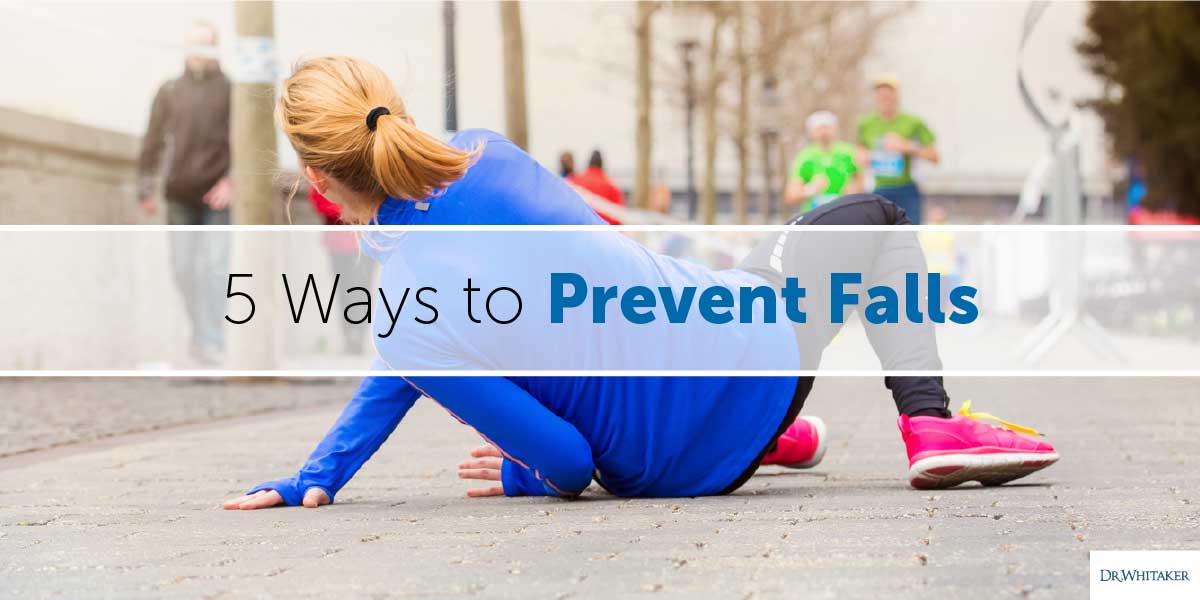
Falls are no joking matter. Every year, about a third of Americans age 65 and older have a fall, and more than a quarter of them end up in the hospital. Falls are the leading cause of brain trauma and the number one cause of fractures among older people—upwards of 500,000 per year.
The good news is that you can prevent yourself from becoming a statistic, simply by taking a few simple steps:
1. Make sure your medications aren’t setting you up for a fall. One of the biggest, and often overlooked, causes of falls is medications. Muscle relaxants, opioids, and some meds used to treat gastrointestinal problems and arrhythmias can cause you to lose your balance. Check with your doctor or pharmacist to see if any of the medications you take can contribute to a fall.
2. Get your vision checked. For some people, falls are caused by vision issues that make it difficult to judge distances. Many doctors will try and tell you that vision changes are irreversible, which is simply not true. Here are six ways to prevent loss of vision.
3. Make sure you don’t have low blood sugar. Forty percent of falls are caused by misdiagnosed health issues, including low blood sugar (hypoglycemia). Severe symptoms are virtually always associated with diabetes drugs, which can drive blood sugar too low. But hypoglycemia can affect people without diabetes, too. Here’s how to keep your blood sugar on an even keel.
4. Check your blood pressure. Another common cause of falls is low blood pressure, or hypotension. Sometimes brought on by alcohol or prescription drugs, hypotension can cause dizziness, light-headedness, confusion, or blurred vision. If you notice any of these symptoms, be extra careful when sitting up or standing and check your blood pressure. For most people, anything under 90/60 mm Hg is considered “low.” If yours falls below that, talk to your doctor about whether any of your medications may be responsible.
5. Wear properly fitting shoes with good support. Forgo high heels, flip flops, or other shoes that can cause you to lose your footing. Also, avoid walking around your home in stocking feet which can cause you to slip and fall.


